Former Zambian President Rupiah Banda died on Friday at the age of 85. A look back at the career of an outstanding diplomat and politician.
"Our independence was hard won, and the blood of martyrs will guarantee our democracy." Often criticized for his lack of ambition, the fourth president of Zambia, Rupiah Banda, was nevertheless one of the founders of a significant part of the history of Africa.
Rupiah Banda passed away on Friday March 11 at the age of 85. The "Zambian pharaoh" has long lived in the shadow of the founding president of Zambia, who also died last June, Kenneth Kaunda.
"RB" died after a battle with colon cancer, at his home in Lusaka, surrounded by his family.
During his three-year tenure as the Zambian presidency, Levy Mwanawasa's successor succeeded above all in restoring peace with neighboring Zimbabwe. But it was especially in the 1960s and 1970s that he accomplished his most remarkable feats of arms.
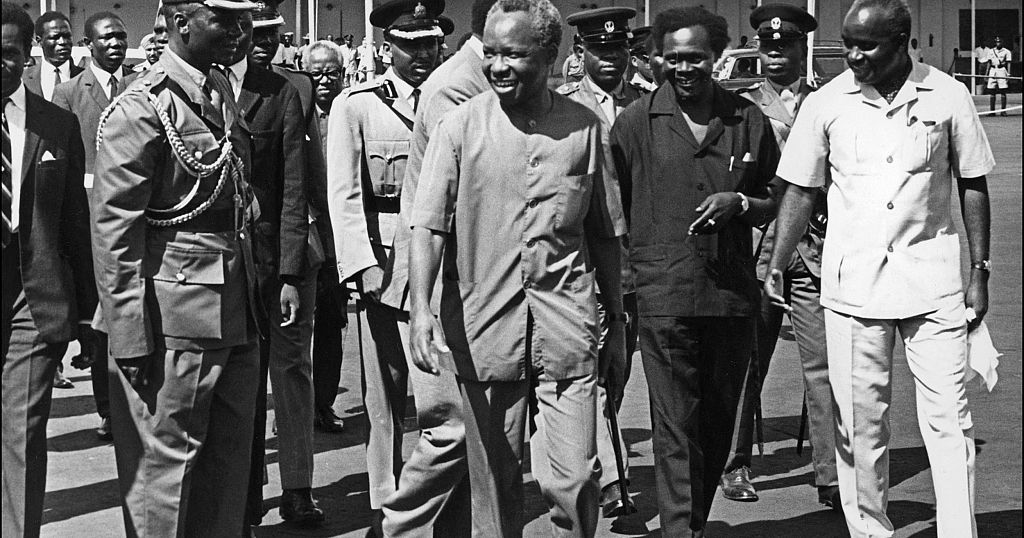

Rupiah Banda, a renowned diplomat
If Rupiah Banda was a very discreet Zambian president - a role he occupied by default following the death of Mwanawasa - he was above all a renowned African diplomat. Born in Zimbabwe, and very well introduced in Angola, Banda was the strongest link in the fight against wars between neighboring countries.
In 1965, his mentor Kenneth Kaunda appointed him Zambian Ambassador to Egypt. He had rubbed shoulders with the socialist leader Gamal Abdel Nasser, and was the one who brought Abdel Nasser and Kaunda closer together. The Zambian presidential party, the United National Independence Party (UNIP), even set up an office in Cairo in 1965, which later became the Zambian embassy in Egypt.
But where Rupiah Banda shone was during the talks between the belligerent Angolans, the National Union for the Total Independence of Angola (UNITA) and the Popular Movement for the Liberation of Angola (MPLA). The two independence movements formed abroad had obtained, thanks to Banda, material support from the former countries of the Eastern bloc.
It is above all thanks to the friendship between Banda and Jonas Savimbi, the leader of UNITA, that the two Angolan rebel movements were able to agree on the time of the war of decolonization of Angola. Admittedly, the civil war had broken out afterwards, but Banda was able to ensure understanding between the various Angolan separatist leaders for years.
Fallen out of favor inexplicably
Two years later, Rupiah Banda was appointed Zambian Ambassador to the United States for two years before returning home. He then served for years as head of the rural development body, then as chairman of the National Agricultural Marketing Board (NAMB).
Then came his very short mandate at the Ministry of Foreign Affairs in 1975, where he had been instructed by Kenneth Kaunda to obtain a ceasefire in Angola. In January 1975, the MPLA, UNITA and the National Front for the Liberation of Angola (FNLA) reached an agreement and proclaimed the country's independence.
Few reasons explain the fall from grace of Rupiah Banda then. Arguably the most brilliant diplomat on the Zambian political scene, he was sacked at the height of his success in 1976.
He then began a long crossing of the desert. It should be remembered that during his absence from the Angolan talks, the civil war broke out, and remains today the bloodiest in the history of Africa.
Be that as it may, between 1978 and 2006, Rupiah Banda disappeared from public view, bouncing between the Senate and small local political posts.
Rupiah Banda: a short presidency, before the end
Surprise: in October 2006, when Levy Mwanawasa was re-elected as president of Zambia, he appointed Rupiah Banda as vice-president. Mwanawasa was however on the right, and he was then accused of being in the pay of the United States.
In 2008, Mwanawasa, who was hospitalized in Egypt, was flown to Paris, France, following heart problems. He dies there during the summer. Rupiah Banda obtained the agreement of the army and the government for the process of transition. Mwanawasa's death was announced a month later and Rupiah Banda then became the country's fourth president.
Between 2008 and 2011, as president, Banda worked for the economic emancipation of Zambia from Chinese influence. A connoisseur of Angola, he sought to avoid his country the Chinese "debt trap". This he succeeded in accomplishing while ensuring Zambia's skyrocketing GDP, exemplary agricultural reform, a 30% increase in industrial production and a drop in inflation from 27% to 6%.


Despite this very good economic record, Rupiah Banda was not re-elected in 2011, during the presidential election, which Michael Sata won. Banda then accused his successor of corruption, and Sata withdrew Banda's immunity in retaliation. Despite a charge of abuse of power, Banda has never been convicted in court and has not served any prison time.
Following a political agreement in 2014, the Zambian state withdrew all charges against Banda, who then retired from politics, before dying on Friday.
















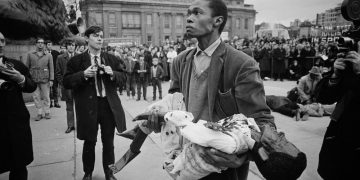
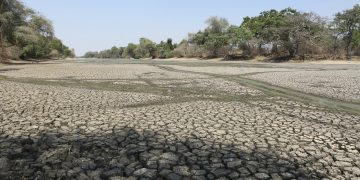
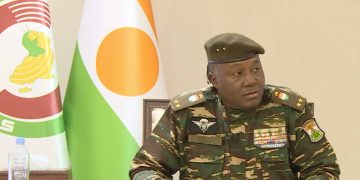
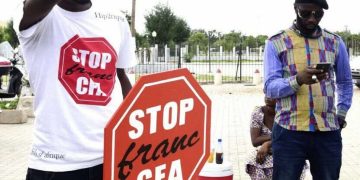
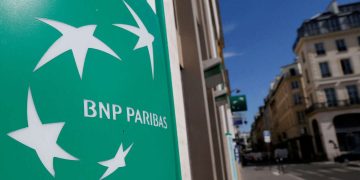
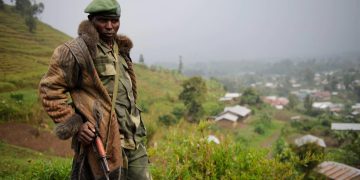




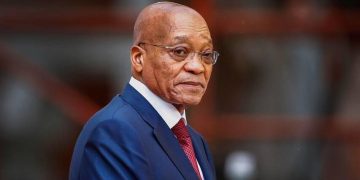
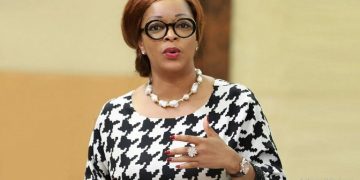
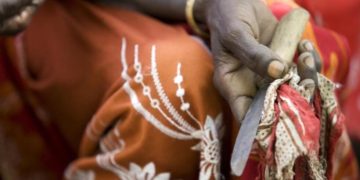
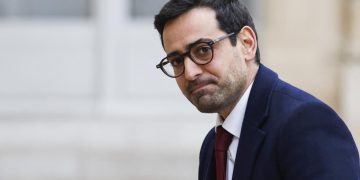
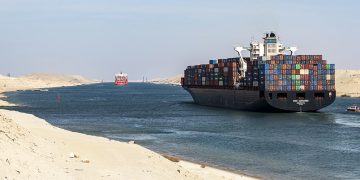
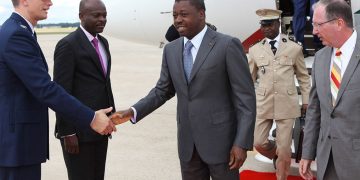



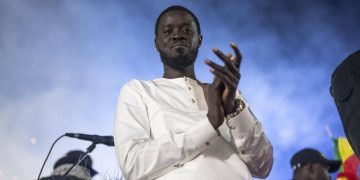




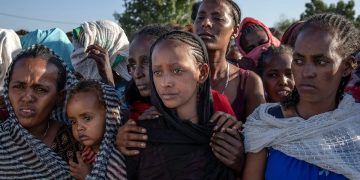

![[Editorial] 30 years later, is apartheid really over?](https://lejournaldelafrique.com/wp-content/uploads/2021/06/caricature-jda-apartheid-360x180.jpg)
![[Edito] Gabon and Commonwealth: the whims of Prince Ali](https://lejournaldelafrique.com/wp-content/uploads/2021/06/caricature-JDA-Bongo-360x180.jpg)
![[Editorial] Facebook and Twitter, more dictators than dictators?](https://lejournaldelafrique.com/wp-content/uploads/2021/06/Caricature-JDA-FB-TW-360x180.jpg)
![[Edito] Rwanda: for the French apologies, we will have to go back](https://lejournaldelafrique.com/wp-content/uploads/2021/05/Caricature-rwanda-JDA-360x180.jpg)
![[Edito] Guinea: Alpha Condé, the oppressed turned oppressor](https://lejournaldelafrique.com/wp-content/uploads/2021/05/Caricature-Alpha-Conde-360x180.jpg)
![[Edito] CFA Franc: a facelift cut to measure for France](https://lejournaldelafrique.com/wp-content/uploads/2021/05/Caricature-JDA-CFA-360x180.jpg)
![[Edito] Riyad Mahrez: One, two, three, viva l'Algérie!](https://lejournaldelafrique.com/wp-content/uploads/2021/05/caricature-Mahrez-360x180.jpg)
![[Edito] Niger: Mohamed Bazoum begins a delicate balancing act](https://lejournaldelafrique.com/wp-content/uploads/2021/04/image_6483441-1-360x180.jpg)
